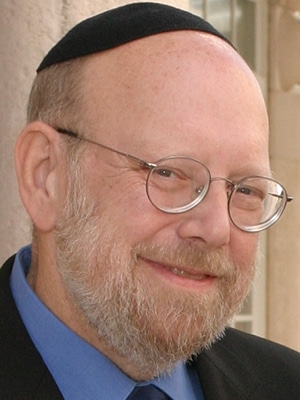Sivananda Bahamas Blog
Expand Your Horizons …
Our Blog
Unity in Diversity with Religion: Presenter Spotlight with Nathan Katz
Please share what you do in 10-15 words:
I am a recently-retired professor who specializes in Religions of India, Jewish Studies, Spirituality, and especially what I call Indo-Judaic Studies. In addition to writing and lecturing, I lead tours in India.
Why do you do what you do?
I believe my calling is exploring and expanding India-Jewish affinities.
What are you currently fascinated by in your work?
Right now I have a project to explore the impact of Indian spiritualities on Judaism as found in Israel and in North America.
How did you come to your path? Any aha moments or key teachers?
Most Buddhist or Hindu teachers I know have admonished me to explore Judaism more deeply, and one rabbi in particular advised me to cultivate my meditation practice.
What book(s) did you like reading this year?
Steinsaltz’s Opening the Tanya; J. Lahiri, The Interpreter of Maladies, G. Schweig’s translation and analysis of the Bhagavad Gita.
And …
What is one things that surprises you about teaching at the ashram?
The kindness and intelligence, a strikingly powerful combination that pervades Sivananda Yoga Retreat Bahamas.

Nathan Katz, PhD, is Distinguished Professor, Emeritus, at Florida International University. He served as the Bhagwan Mahavir Professor of Jain Studies, Director of Jewish Studies, Director of Program in the Study of Spirituality, and Founding Chair of the Department of Religious Studies. He is the author of 15 books, including award-winning Who Are the Jews of India? and memoir, Spiritual Journey Home: Eastern Mysticism to the Western Wall. He was awarded four Fulbright grants and is considered the leading scholar of India’s Jewish communities. He has studied, taught, and lived in South Asia for eight years and leads Jewish-interest tours of India.
Upcoming Courses
This seminar will feature three distinguished scholars who will guide us through Zen, Hindu, Kabbalistic and Tibetan approximations of the Light and its counterpart, Darkness.








